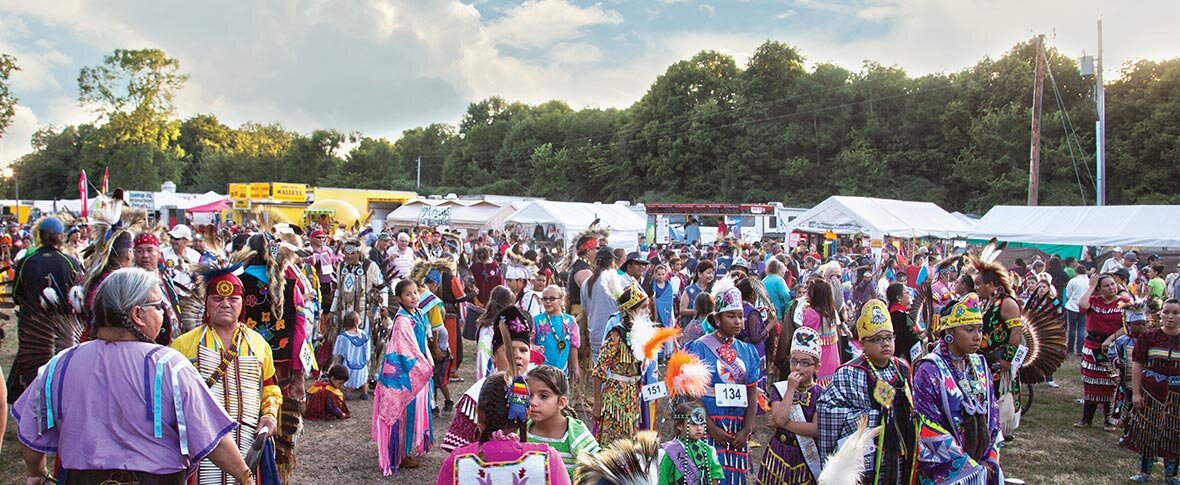
Band Member Voices
February Culture Column - In the face of danger
By Nazhike, Mille Lacs Band Member
As Anishinaabe, we know that hardship reveals character. It shows who we are when fear presses in, when survival is uncertain and when parts of the world are determined to be cruel. Our history at Mille Lacs carries this lesson deeply. When the State of Minnesota burned the villages in Mille Lacs trying to remove us from our home, this was not a misunderstanding. It was deliberate violence backed by authority and executed legally. And yet, our people endured because we understood something deeper about survival.
In moments like these, it would be easy to answer destruction with destruction. The pain is real. The danger is immediate. Our ancestors understood that survival was not just about the present moment, it was about the future. Diplomacy, for Anishinaabe, is never submission. It is restraint with intention. It is choosing actions that keep the people safe long enough for the next generation to live, learn and remember who they are.
Diplomacy during danger requires clarity. It required leaders to read the moment fully and accurately. They know when to speak, when to move, when to withdraw and when to wait. These are not decisions made lightly. They are informed by teachings, by spiritual guidance and by a deep responsibility to the people. When the villages burned at Mille Lacs, the people remembered. They carried the memory as a teaching to hold carefully for us to learn from.
What we learn from this is not passivity, it's discipline. We learn that anger, while justified, can blind us if it leads us away from our purpose. Our ancestors understood that colonial systems often hoped for reaction. Chaos benefits those in power. Diplomacy, when grounded in culture, disrupts that expectation. It preserves dignity when the world tries to strip it away.
For Anishinaabe, diplomacy is never about pleasing those who harm us. It is about protecting the people and maintaining balance. It's about making choices that allow livelihoods, ceremony and community to survive even when societal structures try to evict us from who we are. The villages could be burned, but the teachings could not as long as someone carried them forward and the lessons were learned from.
Today, we live in a different time while the lesson remains the same. We are facing danger; physical, mental, emotional and spiritual. We are still tempted to respond quickly, loudly and without reflection. Our history reminds us that battle is not only won through confrontation. Some are won through patience, preparation and unwavering commitment to our future.
When they speak of Mille Lacs today, they not only speak of loss. They speak of calm under pressure. They speak of ancestors who chose survival with dignity. I would remind our people that diplomacy does not mean silence, it means speaking with purpose. It means acting in ways that keep the people whole.
As Anishinaabe, we are still here. That is not an accident. It is the result of decisions made in moments of danger, decisions guided by honor, responsibility and love for generations yet to come. The question before us now is whether we will carry that same discipline forward. Because diplomacy, when rooted in culture, is not weakness. It is one of the strongest medicines we have. Migwech


